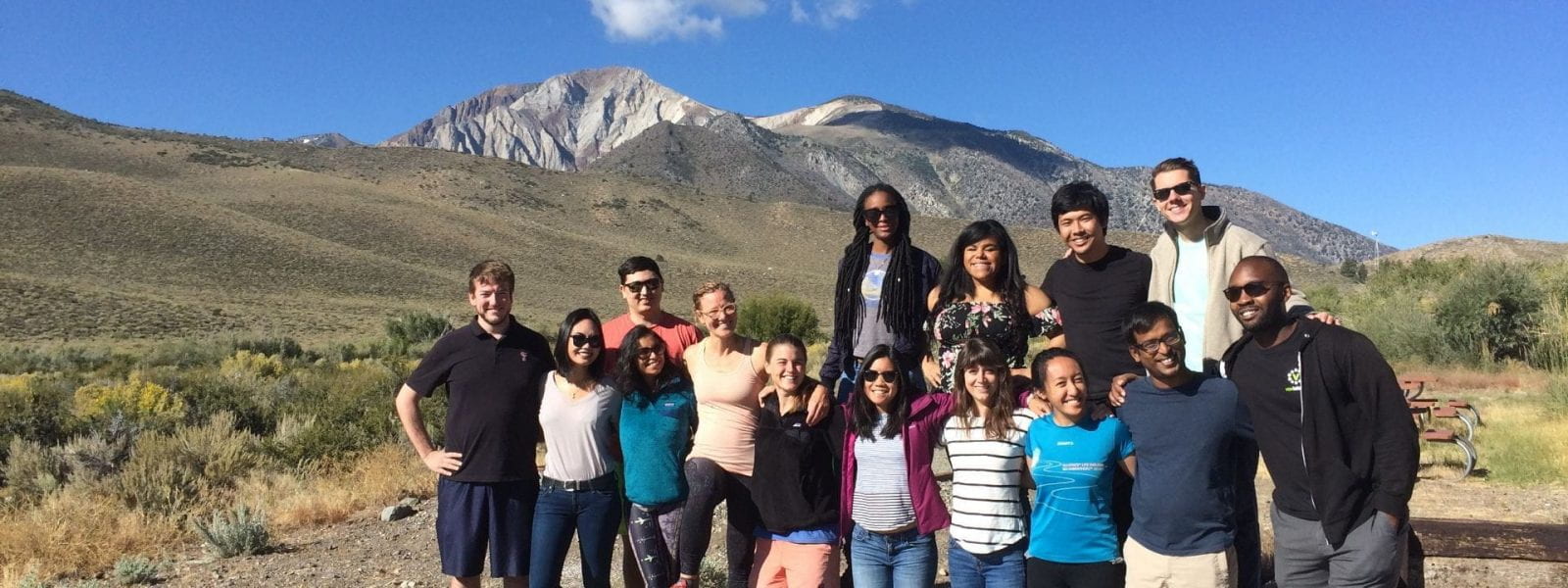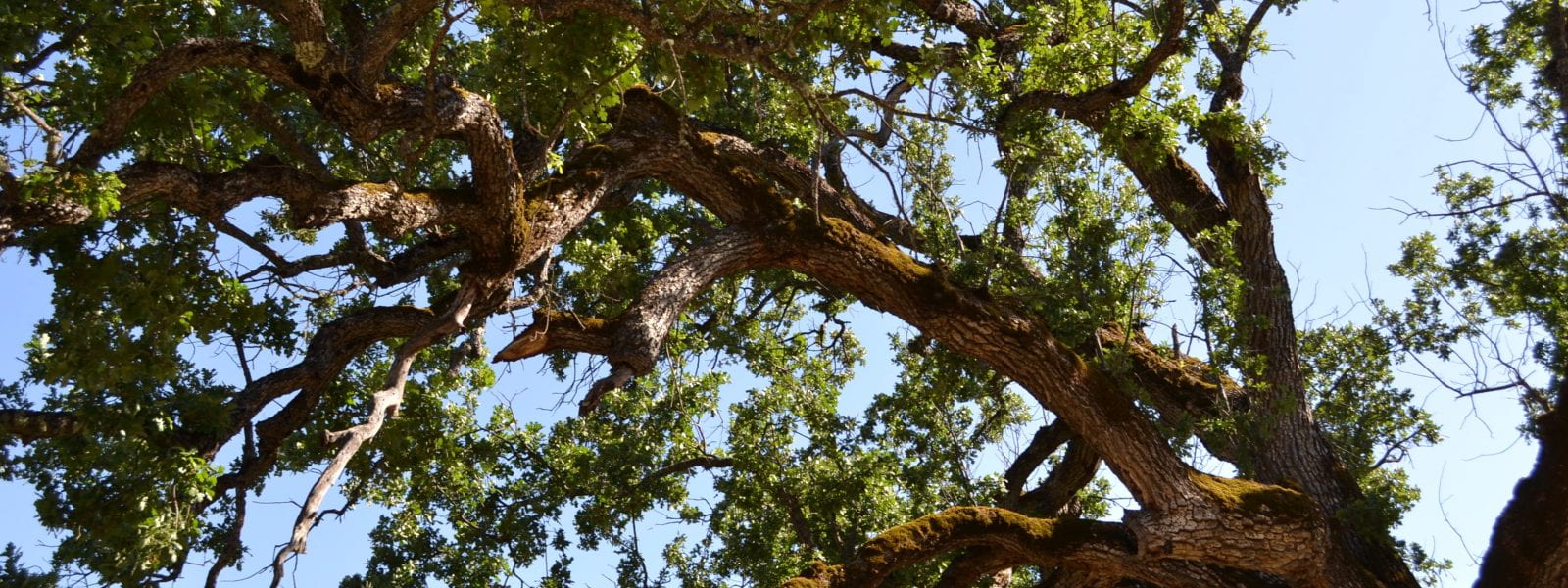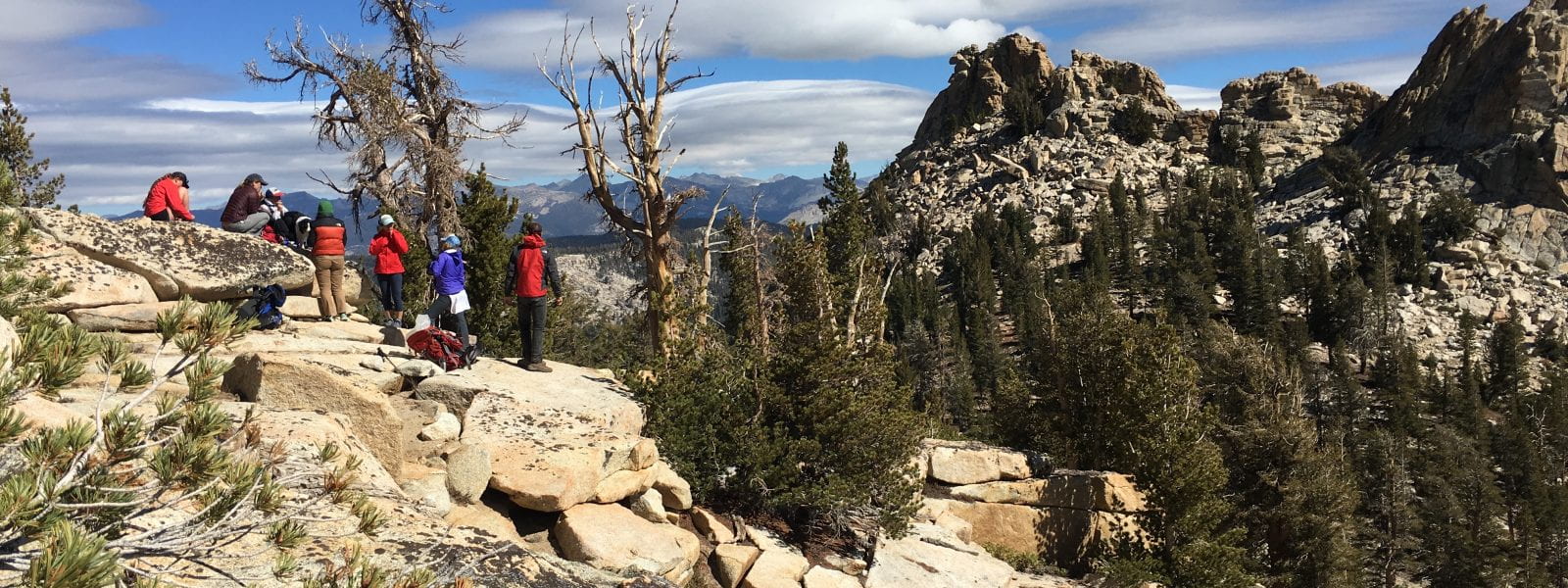For global problems such as climate change, researchers can identify the problem, its effects, and a portfolio of potential solutions. Enactment of these solutions, however, requires communication and collaboration across scientific disciplines, non-academic organizations, government agencies and cultural divides. The Climate Engagement Program at UC Santa Cruz seeks to train and support graduate students from diverse backgrounds undertaking climate change related research to effectively engage with broad audiences. Our approach focuses on three key elements:
Diversity
Climate change will affect everyone. Diverse leadership, perspectives, and voices are needed to connect with people across the cultural and political landscapes of our communities.
Communication
In order to effectively engage with diverse audiences, we need to meet people where they are at. This means listening and communicating for understanding, and this takes practice!
Community
Building networks to support engagement is critical for broadening our perspectives and identifying new opportunities to expand the dialogue about climate change.
The Climate Engagement Program
As part of the UC Climate Action campaign, this program provides support for motivated graduate students to participate in a four-day workshop focused on building communication and leadership skills for climate change engagement. As part of the program, students will develop an engagement plan for their own work and will receive structured support throughout the following year for taking action.
Program Impact
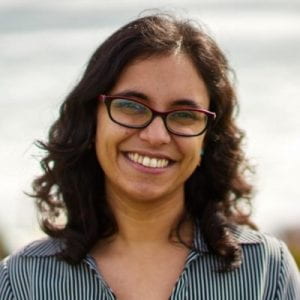
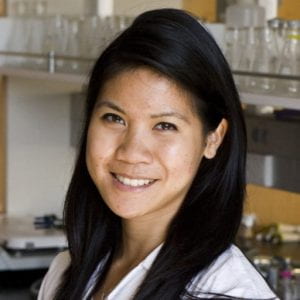
Priya Shukla
On co-producing knowledge with shared values:
“Not only did I learn the role of shared values and messaging in divisive, political topics like climate change, I also learned to bring an engagement concept to fruition. Now I have an ocean & climate science column at
Forbes Science!
Engagement can be immediate, but implementing a theory of change requires long-term planning. As I prepare to head to D.C. to affect aquaculture policy, I am strategizing how I can use the technical and professional skills and knowledge to co-produce knowledge with tribes, stakeholders, and communities.”
Priya Shukla is pursuing a Ph.D. in Ecology at the UC Davis, where she studies the effects of climate change on coastal seafood. She serves as communications coordinator for UC Davis’ Coastal and Marine Sciences Institute and has fellowships with Imagining America, Sacramento Area Scholars Strategy Network and the Sustainable Oceans Program.
Linh Anh Cat
On speaking to both sides of the aisle:
“I left the Climate Engagement Program with a skillset to talk and listen to Americans from all walks of life. On Capitol Hill, I met with majority and minority offices in the Senate Commerce, Science, and Transportation committee. I spoke about my climate change-based research with both sides of the aisle by connecting it to bipartisan issues such as human health and food security. Being able to connect with others over shared values and then framing my message to match helps me communicate the importance of funding ecology and climate science.”
Linh Anh Cat is finishing her Ph.D. at the UC Irvine, where she studies the airborne dispersal of fungi that cause
disease. She is also a University Corporation for Atmospheric Research Public Policy Fellow in Washington, D.C and writes about the living world, from microbes to ecosystems, for Forbes Science. She will be a postdoctoral researcher at Scripps Institute of Oceanography.
